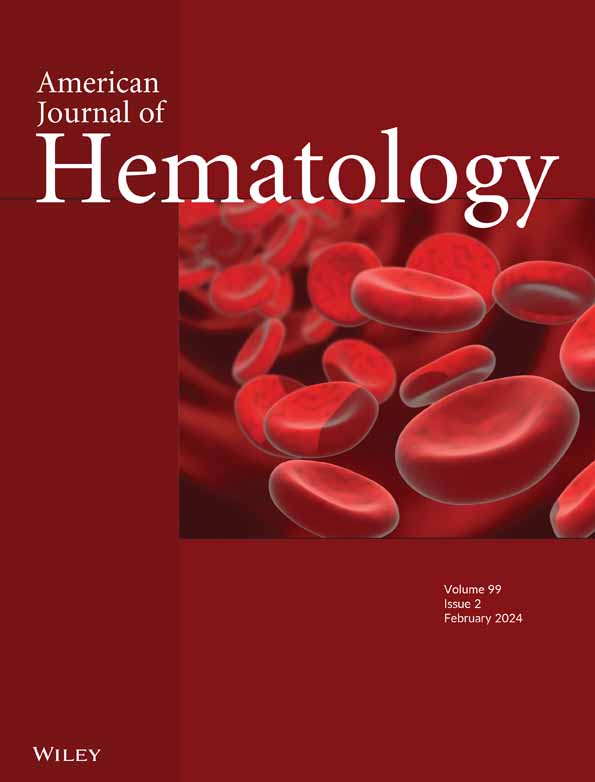Hemophagocytic Lymphohistiocytosis in Pregnancy: A Systematic Review of Case Reports and Case Series
Abstract
Aims
Hemophagocytic lymphohistiocytosis (HLH) is a rare, life-threatening syndrome caused by excessive immune activation, leading to severe inflammation and multi-organ failure. While adult-onset HLH is well documented, pregnancy-related HLH remains under investigated, with limited data on its triggers, presentation, and management. We systematically review cases of pregnancy-related HLH in the literature, focusing on presentations, triggers, utilized treatments, and outcomes.
Methods
A systematic search of PubMed and Embase identified case reports and series describing HLH during pregnancy or postpartum. Data were extracted and analyzed using standardized methods, including frequency distributions for categorical variables and means with standard deviations for continuous variables. Quality was assessed using the Joanna Briggs Institute checklist. Statistical analysis was conducted using IBM SPSS version 26.
Results
The initial search identified 838 records, from which 66 case reports and 7 case series were included, covering 104 unique patients. The mean age of the patients was 29 years (SD 5.6 years). Presentations occurred between 7 weeks of gestation and up to 7 months after delivery; of these, 82.5% presented antepartum at an average gestational age of 24 weeks (SD 7.9 weeks), while 17.5% presented postpartum. Fever (100%), anemia (90.7%), and elevated ferritin levels (> 1000 ng/mL in 95.1%) were the most common findings. Infections were the most frequent triggers (42 patients, 40.4%), with Epstein–Barr virus (EBV) being the most frequently implicated pathogen (10 patients, 9.6%). Other triggers included systemic lupus erythematosus (10 patients, 9.6%), Adult-onset Still's Disease (7 patients, 6.7%), lymphoma (6 patients, 5.8%), and no identifiable trigger in 42 patients (40.4%). Regarding treatment, corticosteroids were used in 93.3% of cases, etoposide in 35.6%, cyclosporine in 17.3%, and intravenous immunoglobulins (IVIG) in 26%. Delivery stabilized or reversed the disease in 40.4% of cases. However, 45.6% of patients with prepartum onset experienced pregnancy loss. Nineteen patients (18.3%) died due to HLH.
Conclusion
This review highlights the distinct characteristics and challenges of HLH in pregnancy. Early diagnosis, a multidisciplinary approach, and individualized treatment strategies are crucial for improving maternal and fetal outcomes.

 求助内容:
求助内容: 应助结果提醒方式:
应助结果提醒方式:


